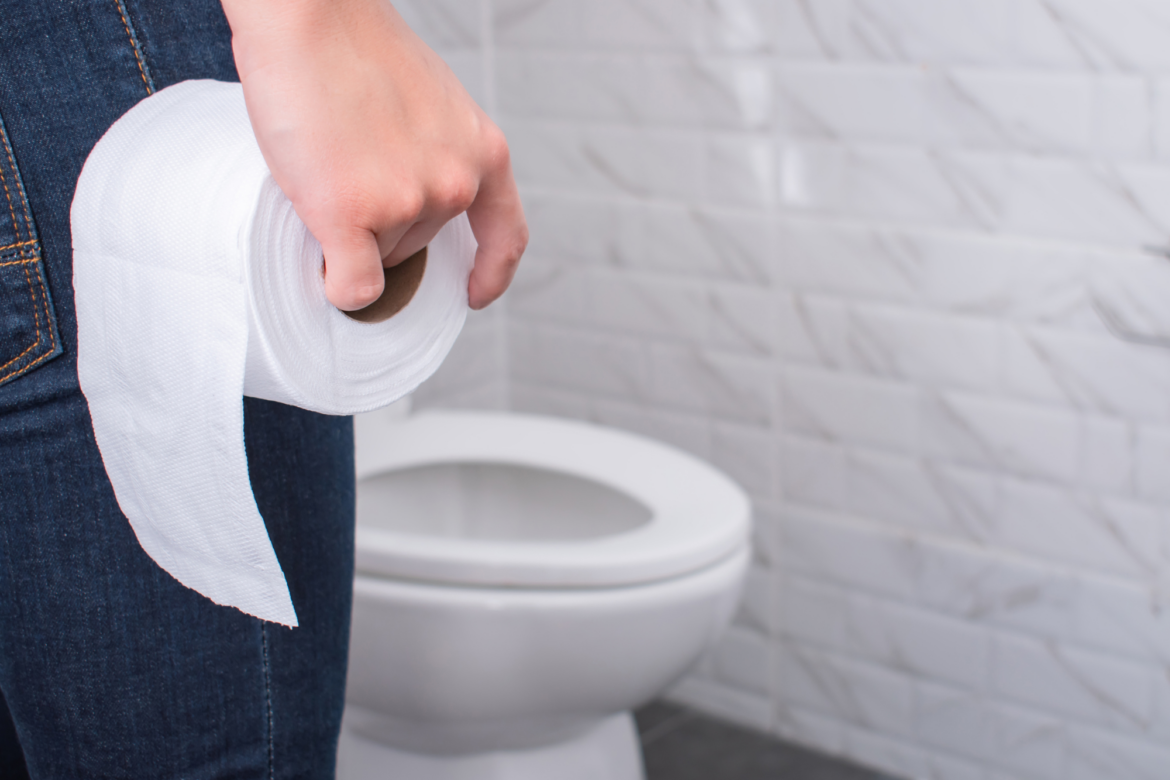Healthy Bowel Function
Bowel movements help us release toxins and waste from our digestive system. Everyone has bowel movements and this can tell us a lot about our health regarding our gut and the function of our pelvic floor muscles. In healthy individuals, eliminating between 3x/week and up to 3x/day is considered normal. The consistency of the bowel movement should be long, soft, and snake-like, so they are easy to pass. Here are some tips to help with healthy bowel function.
Fiber
Fiber is helpful to encourage bowel movements and avoid constipation. Adults should get 25-35 grams daily with 10-15 grams being soluble and taken at night. Fiber helps to bring water into the intestines to keep stool softer, thus easier to pass. Fruits and vegetables are good sources of fiber. A few examples include beans, broccoli, berries, avocados, apples, and oatmeal.
Hydration
In addition to fiber, proper hydration is important. Hydrating properly so that your urine is light in color and has minimal odor will help when having a bowel movement (BM). A general rule for hydration is drinking half your body weight in ounces of water. When you work out, more water intake is needed. Caffeinated drinks such as coffee and soda count against the total intake amount.
Diet
Diet and eating habits also play a role in a healthy bowel movement. It’s important to chew your food to break it down into small pieces. This helps with easing digestion. The types of food and beverages you take in also impact the colon. Some cause inflammation, which can produce stools that are either too soft/loose or hard/constipated. This can differ from person to person due to allergies such as gluten, and dairy intolerances. Consult with a nutritionist to help you determine appropriate foods to help avoid irritation of your stomach.
Exercise
Beyond eating and diet, exercise also plays a crucial role in your gut. Exercising regularly can improve intestine movement, therefore; moving food along for digestion. This can aid in fully emptying your colon. Aiming for 30 minutes, 5 times a week is a good goal to help keep things regular.
Routines are Important
If you have made the above changes and still don’t feel like your bowel movements are normal, here are a couple of other tips to help. Getting into a routine and going at a similar time each day is very healthy for your colon. Your body has a natural reflex to initiate a bowel movement first thing in the morning. Tap into this by establishing a good routine with breakfast and a hot liquid such as tea or coffee. Typically, the urge will occur 15 minutes after this. If you ever have an urge for a bowel movement, it is best to go at that time and not hold it or ignore the signs. This could lead to constipation and difficulty eliminating.
Breathe
Lastly, when having a bowel movement, positioning and breathing are important. Use a squatty potty or a step stool to elevate your knees. The knees should be higher than your hips with your hands around your knees and hips relaxed. This will put the pelvic floor in an optimal position. Avoid sitting with your tailbone tucked or in a slumped position. This position increases the tension of the pelvic floor, making it much harder to have a bowel movement. Focus on exhaling helps to prevent you from holding your breath and putting pressure on the pelvic floor.
If you are having trouble with having regular, healthy bowel movements, consult a Freedom pelvic health physical therapist. They can instruct you in exercises to relax the pelvic floor, and massage to help stimulate the movement of the colon.

